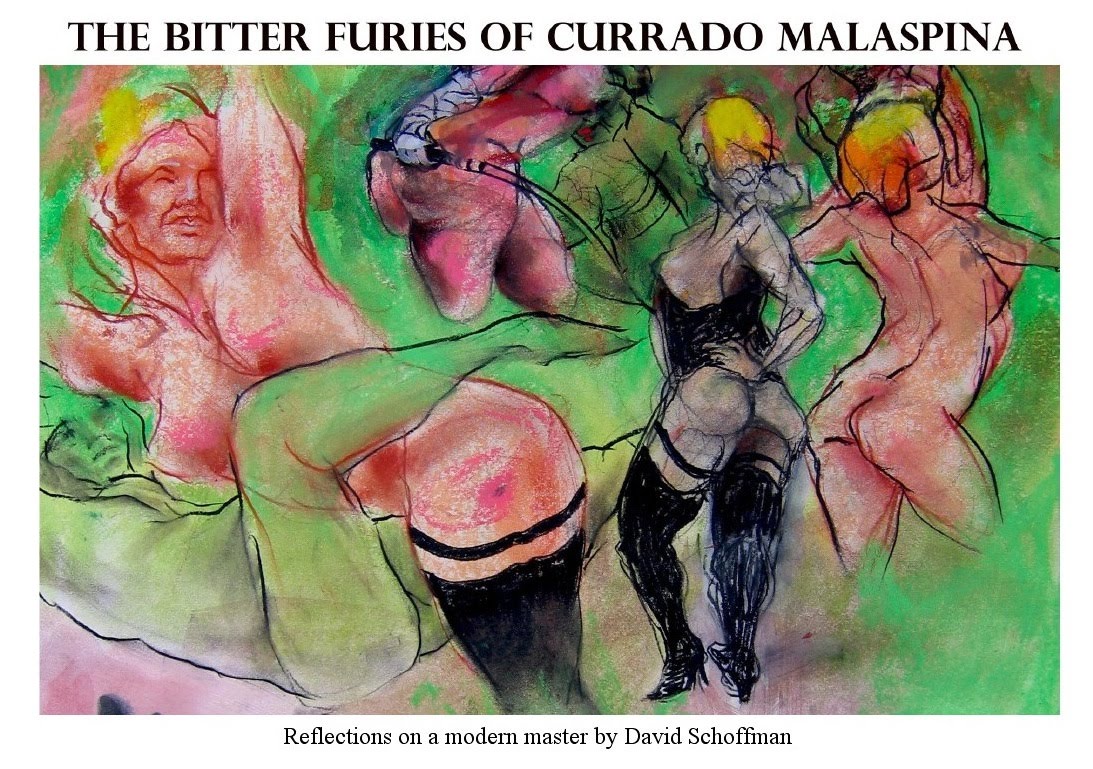As most of us have sadly come to realize, despite our best efforts and resolute oaths, by early middle age we become our parents. Those irritating tics and annoying speech patterns suddenly become our own. The prejudices and habits we so desperately wanted to correct are now part and parcel of our stale personalities. Mom's brutal aversion to conversational politesse, Dad's sleep apnea and rancor toward the clergy, Mom's irrational dread and Dad's equally irrational optimism; their collective distrust of novelty complicated by their involuntary awe of all things foreign - our parents are our fate and fingerprint and all the therapy in the world cannot erase this icy inevitability.
And so it is with my good friend Currado Malaspina.
 |
| Malaspina mère. |
Pénélope Malaspina was a woman to reckon with. Montpellier's first female Député de la préfecture, Malaspina mère was a militant feminist avant le lettre.
 |
| Malaspina visits his ancestral village, 2014 |
In the serene and scenic village of Saint-Céneri-le-Gérei, girls were expected to master the art of mending and to develop an occult ability to anticipate a man's every need. To become une bonne épouse was a woman's highest calling and young Pénélope decided early on that she would have nothing of it.
She was an artist as well, though in the strong Gallic tradition of the amateur au repos. She filled small notebooks with jottings and bon mots and some of her sketches testified to a preternatural ability evoke mood and eerie ambiance through color and light.
She loved the fin de siècle decadence of Schnitzler and was particularly drawn to the elegant eroticism of artists like Schiele and Klimpt.
 |
| From the sketchbook of Pénélope Malaspina, date unknown |
Discovering his mother's drawings following her death was something of an embarrassment for Currado. Let's face it, nobody likes to imagine their Mom as a normal young woman with natural urges and particular inclinations. What was especially disconcerting for Malaspina was finding at last his true progenitorial artistic provenance.
Is it any wonder that he has now diverted his exclusive attention toward pastoral watercolors depicting the benign comforts of happy hearth and wholesomeness.
 |
| Currado Malaspina, watercolor on paper, 2014 |




